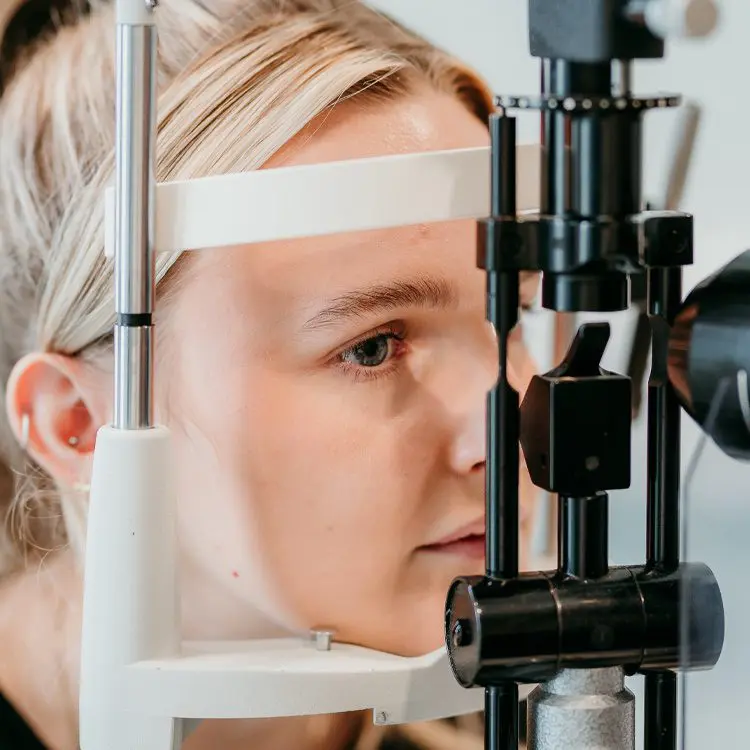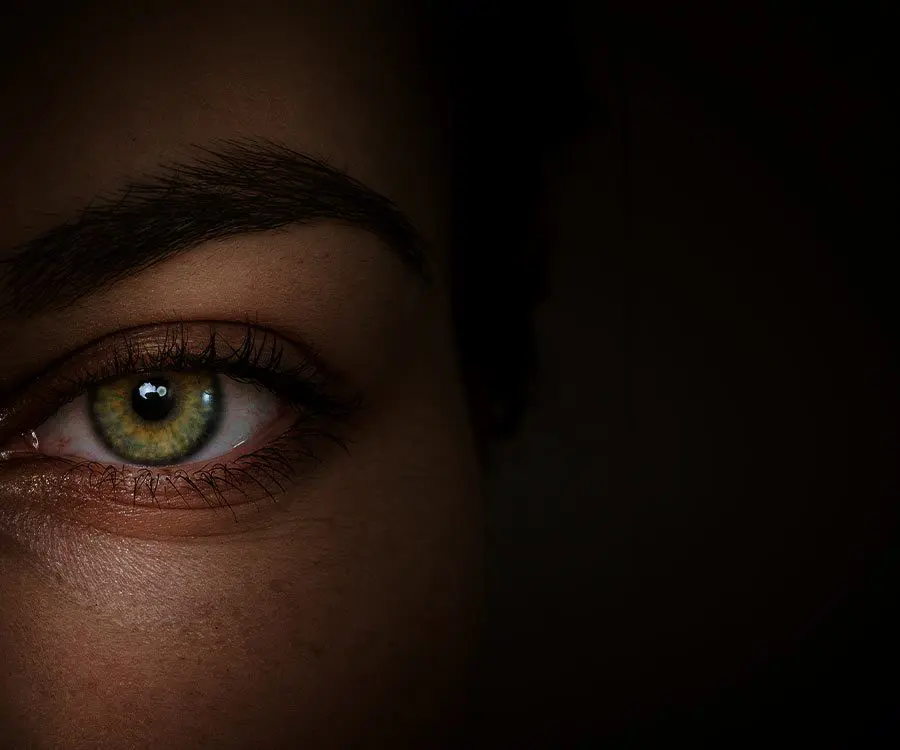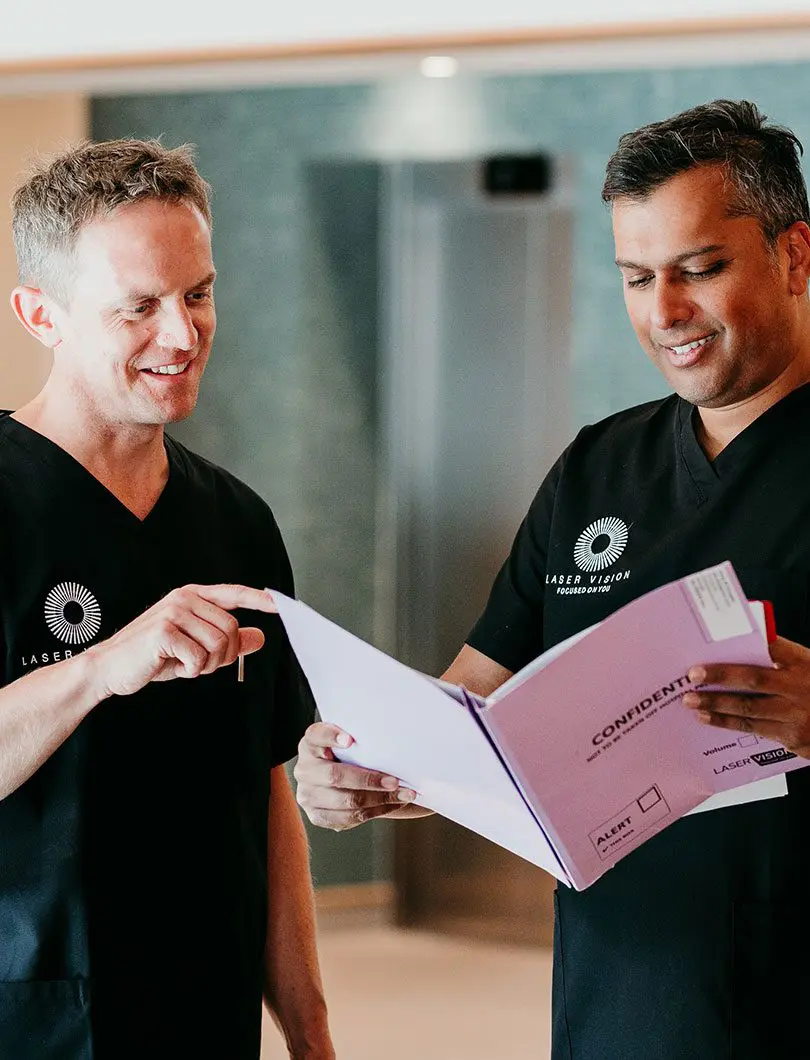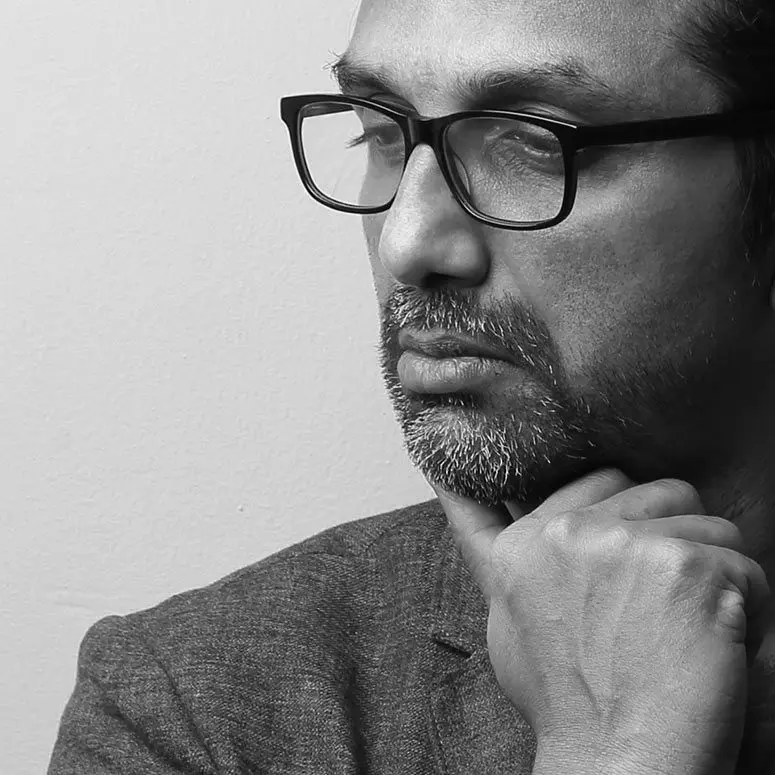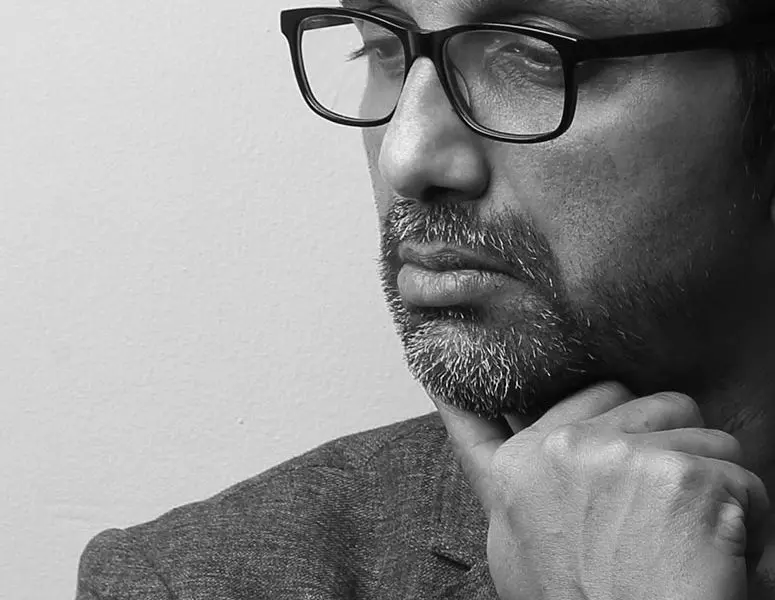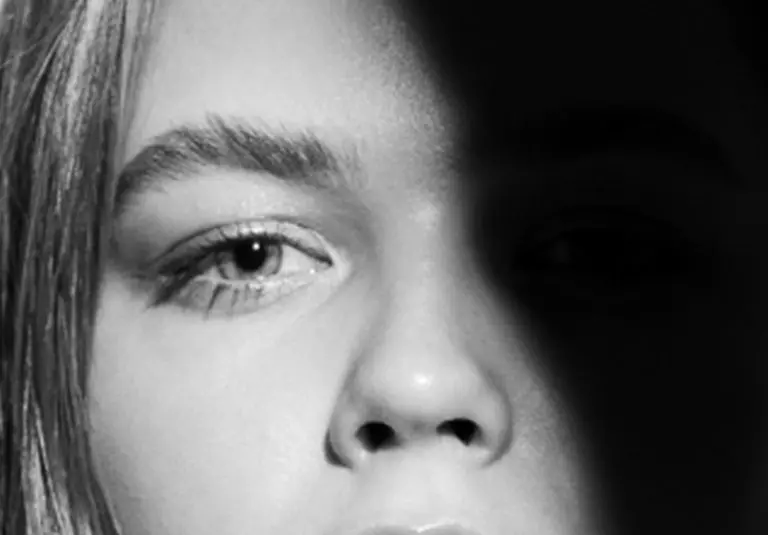- Glaucoma

Hydrus

- Treatment

- Glaucoma
Hydrus
Using a special contact lens on the eye, a tiny device is inserted into the eye through a small incision into the trabecular meshwork under high power microscopic control.
The trabecular meshwork can be bypassed using the Hydrus trabecular bypass device – a procedure known as Hydrus microstent.
Most of the restriction to fluid drainage from the eye rests in the trabecular meshwork.
Several operations have been devised using tiny equipment and devices to cut through the trabecular meshwork without damaging any other tissues in the ocular drainage pathway.
A person’s visual system is similar to a digital video camera. The eye (camera) connects to the brain (computer) via an optic nerve (USB cable), and all 3 parts need to function for us to see. Glaucoma is a condition of the eye where the optic nerve becomes slowly damaged. If left untreated, this can then lead to some loss of vision, initially peripherally and then central.
You may not know that you have glaucoma until you have lost a lot of your sight, as there are usually no known early warning symptoms.
There are various treatment options but unfortunately vision that has already been lost cannot be restored. The aim of treatment is to reduce the pressure in the eye to prevent or slow down further damage to the optic nerve and so protect your vision from getting worse. Creating a route for the excess fluid to escape is the obvious solution and Ophthalmologists have been doing surgery for almost 150 years.
The Hydrus procedure belongs to a group called MIGS (minimally invasive Glaucoma Surgery). It is FDA-approved but generally does not get the eye pressure very low so is most useful in early to moderate stages of glaucoma or in combination with cataract surgery. We are happy to advise you on the suitability of these devices to help control your Glaucoma.
Most of the restriction to fluid drainage from the eye rests in the trabecular meshwork.
Several operations have been devised using tiny equipment and devices to cut through the trabecular meshwork without damaging any other tissues in the ocular drainage pathway.
A person’s visual system is similar to a digital video camera. The eye (camera) connects to the brain (computer) via an optic nerve (USB cable), and all 3 parts need to function for us to see. Glaucoma is a condition of the eye where the optic nerve becomes slowly damaged. If left untreated, this can then lead to some loss of vision, initially peripherally and then central.
You may not know that you have glaucoma until you have lost a lot of your sight, as there are usually no known early warning symptoms.
There are various treatment options but unfortunately vision that has already been lost cannot be restored. The aim of treatment is to reduce the pressure in the eye to prevent or slow down further damage to the optic nerve and so protect your vision from getting worse. Creating a route for the excess fluid to escape is the obvious solution and Ophthalmologists have been doing surgery for almost 150 years.
The Hydrus procedure belongs to a group called MIGS (minimally invasive Glaucoma Surgery). It is FDA-approved but generally does not get the eye pressure very low so is most useful in early to moderate stages of glaucoma or in combination with cataract surgery. We are happy to advise you on the suitability of these devices to help control your Glaucoma.

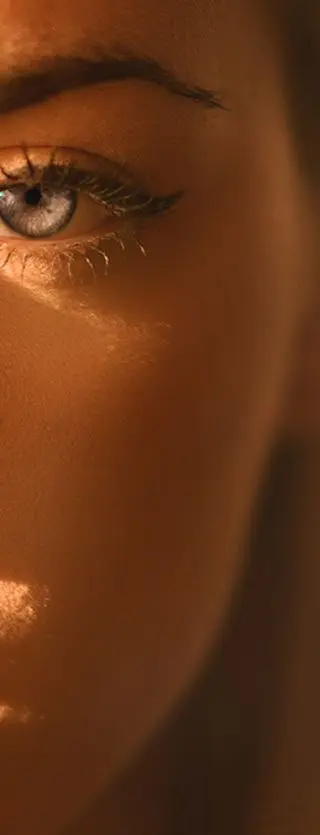
How is it performed?
- 1.The operation is usually performed under a local anaesthetic, meaning that you are awake but your eye is numb so you will not feel anything.
- 2.The eye is entered and the inside filled with a gel-like substance called viscoelastic to inflate the eye and reduce bleeding.
- 3.The stent is inserted under visualisation with a special surgical lens into the anterior chamber drainage angle.
- 4.The viscoelastic gel is removed from the eye and wounds sealed using fluid (no stitches).
